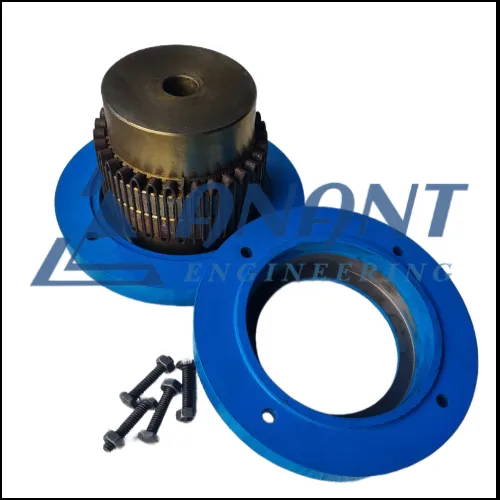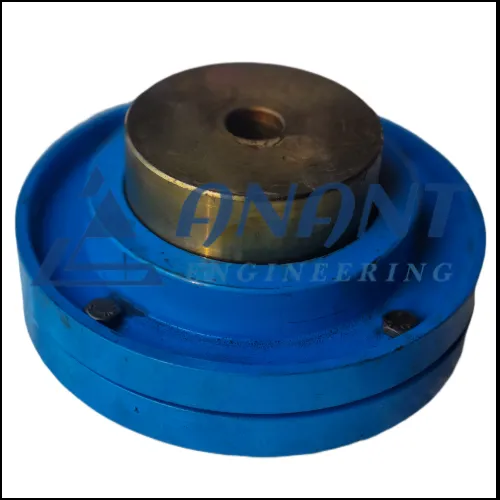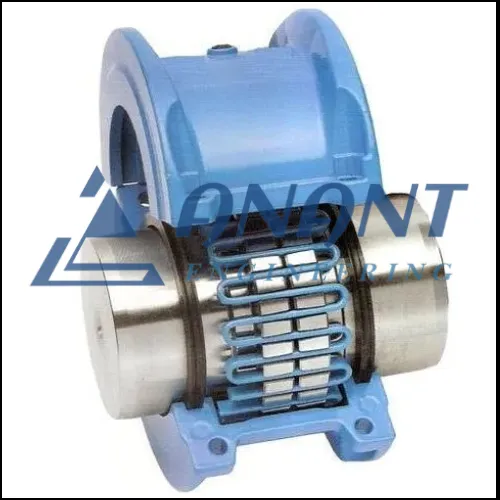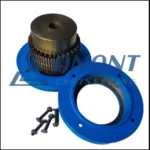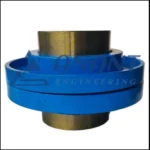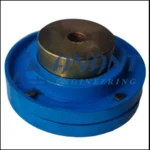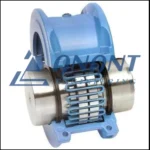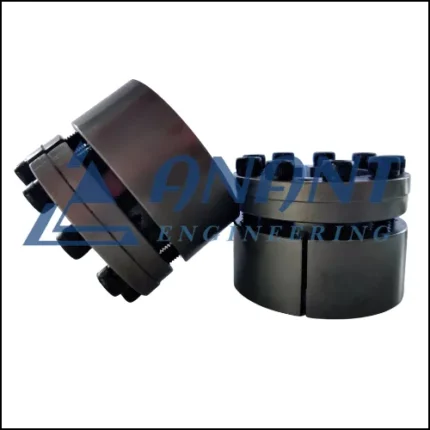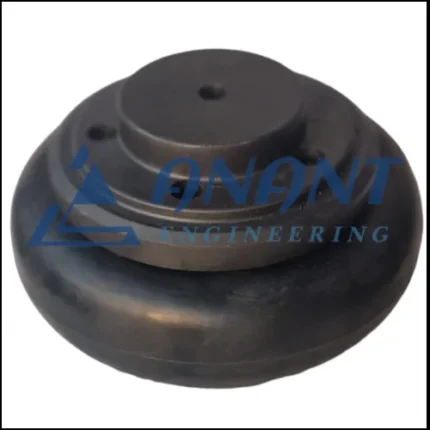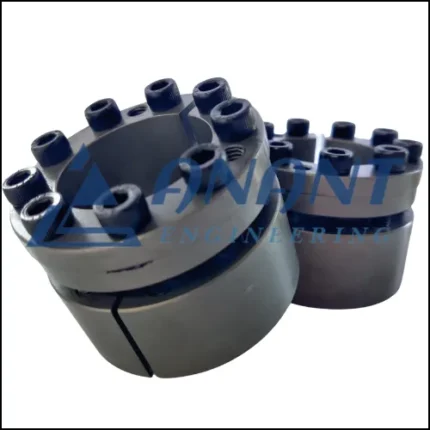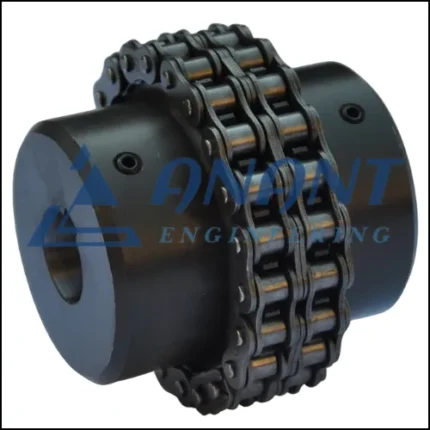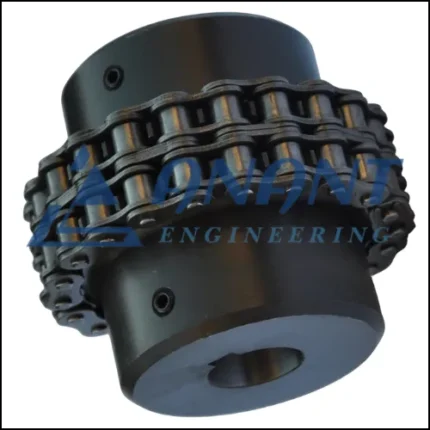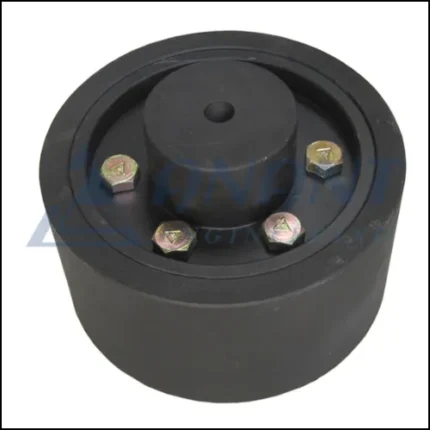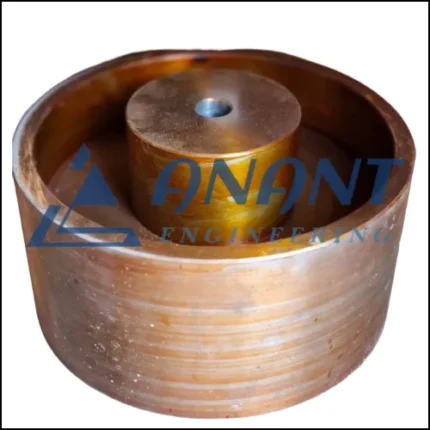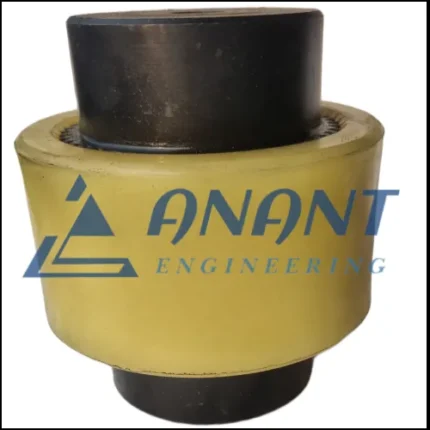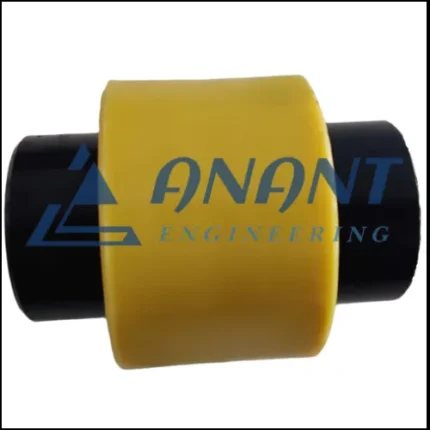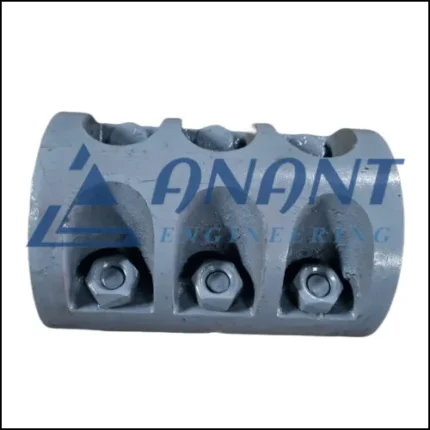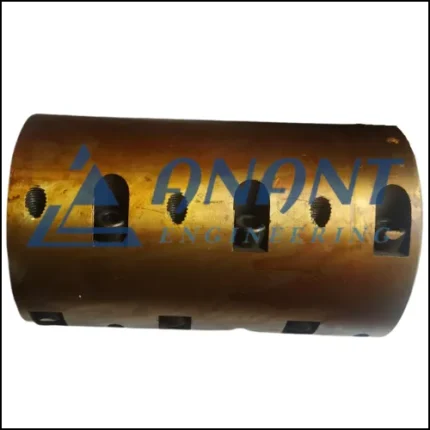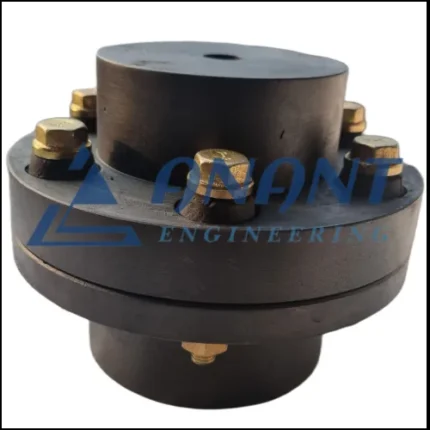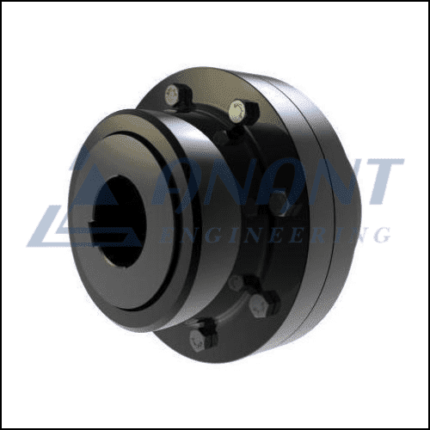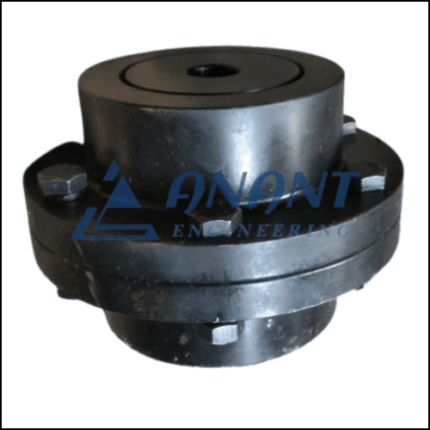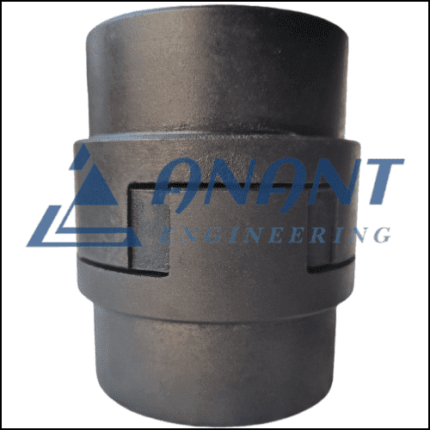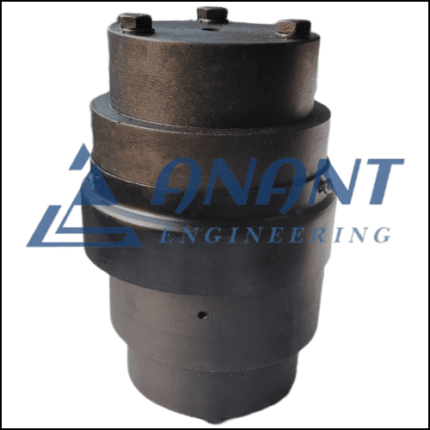Resilient Coupling
Anant Engineering’s resilient couplings are meticulously designed to provide unparalleled flexibility and performance in power transmission. Our couplings are engineered with a resilient element, ensuring a secure and efficient connection between shafts. This unique design allows our resilient couplings to accommodate angular, parallel, and axial misalignments, minimizing stress on connected machinery and reducing wear and tear.
The Importance of Resilient Coupling
It plays a crucial role in numerous industries, including manufacturing, power generation, mining, and more. They enable the transfer of torque between shafts, compensating for misalignments and reducing the impact of shock loads. This ensures the longevity of machinery, minimizing downtime and maintenance costs. At Anant Engineering, we recognize the significance of couplings in keeping industries running smoothly, and our products are engineered to deliver exceptional performance.
Advantages of Our Resilient Coupling
We offer several advantages that make them a preferred choice for many applications. Firstly, they provide high torque transmission capabilities, allowing for efficient power transfer even in heavy-duty machinery. Additionally, they can accommodate angular, parallel, and axial misalignments, enhancing flexibility and reducing stress on connected components. Moreover, their resilient element helps dampen vibrations and shocks, resulting in smoother operation and increased efficiency.
Types of Resilient Coupling Available at Anant Engineering
It come in various types, each suitable for specific applications. Some common types include:
- Elastomeric Couplings: These couplings utilize an elastomeric element, such as rubber or polyurethane, to provide flexibility and shock absorption.
- Jaw Couplings: Jaw couplings consist of two hubs with interlocking jaws and a spider insert, offering flexibility and torque transmission.
Factors to Consider When Choosing the Right Resilient Coupling
When selecting the couplings for your machinery, several factors should be considered:
- Torque Capacity: Determine the required torque capacity to ensure the coupling can handle the transmitted power.
- Speed and Misalignment: Consider the rotational speed and types of misalignments your application requires the coupling to handle.
- Size and Space Constraints: Evaluate the available space and ensure the chosen resilient coupling fits within your machinery’s design parameters.
- Environmental Conditions: Take into account factors such as temperature, moisture, and corrosive environments that may affect the performance and material selection of the coupling.
Manufacturing Process of Resilient Coupling at Anant Engineering
At Anant Engineering, we employ advanced manufacturing techniques to produce superior resilient couplings. Our process includes precision machining, selecting high-quality elastomeric materials, and stringent quality control measures to ensure exceptional reliability and durability. We utilize cutting-edge technology to manufacture resilient couplings that meet or exceed industry standards.
Quality Assurance and Testing
We understand the critical role of couplings play in industrial applications, and therefore, we prioritize quality assurance and testing. At Anant Engineering, our These couplings undergo rigorous inspection and testing processes to guarantee their performance and reliability. We conduct tests for torque capacity, misalignment tolerance, and durability to ensure that our couplings meet the highest standards of quality.
Extensive Applications of Resilient Coupling
To find extensive applications in various industries, including:
- Metal Rolling Mills
- Paper Machinery
- Cranes and Dredgers
- Rubber and Plastic Industries
- Cement Plants
- Conveyors and Elevators
- Compressors, Fans, and Blowers Kindly Connect with our team to get more details and suitability for your application.
or Visit: anantengineering.in

